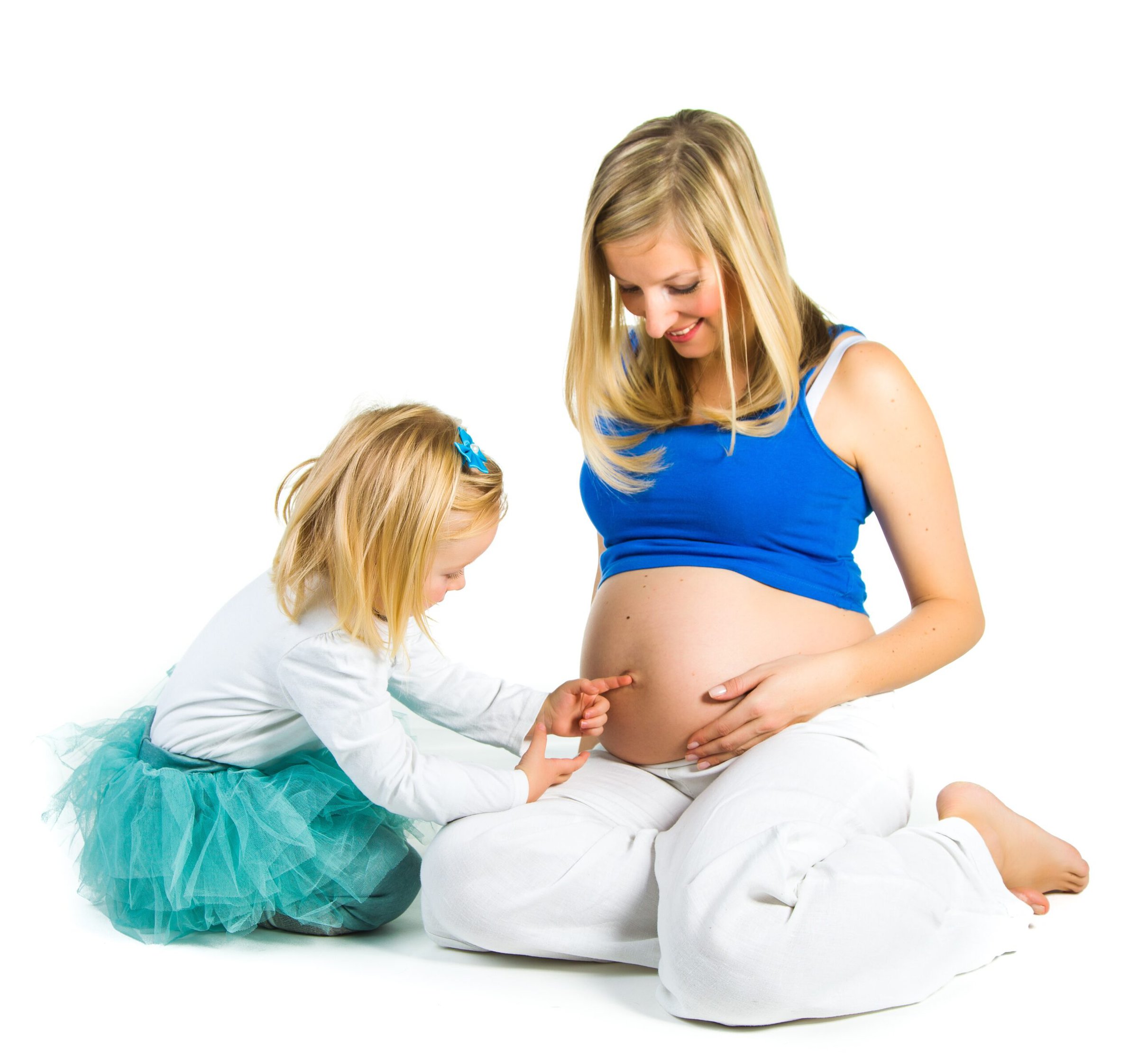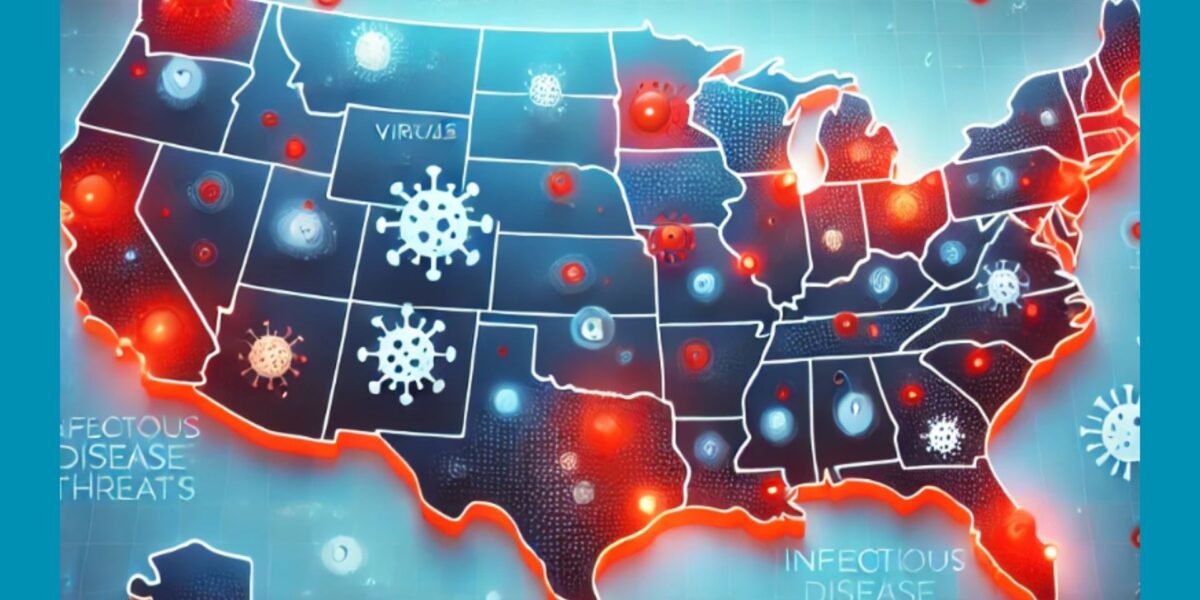
To highlight the importance of immunization across the lifespan, NFID is hosting a 2017 National Immunization Awareness Month (NIAM) blog relay, featuring a weekly guest post from an immunization champion/organization. Each week of #NIAM17 focuses on a different stage of the lifespan.
Special thanks to C. Mary Healy, MD, associate professor of Pediatrics-Infectious Disease at Baylor College of Medicine in Houston, TX, for this guest post about the importance of immunizing pregnant women to protect both mother and baby.
Most pregnant women get lots of advice to ensure that both they and their baby are healthy. One of the most important pieces of advice should be to get vaccinated against preventable diseases which are more dangerous for them and their newborns than other individuals. For example, pregnant women who get influenza are up to 5 times more likely to suffer complications and even die compared to non-pregnant women.
Babies cannot get their first dose of influenza vaccine until 6 months of age and need 2 doses to be protected. Babies younger than 6 months of age also have 20 times higher rates of pertussis (whooping cough) than other age groups, are more likely to be admitted to hospital, and are more likely to have life-threatening complications such as pneumonia and seizures if they become infected. Deaths from pertussis occur almost always in babies younger than 3 months of age.
 Fortunately, vaccinating a pregnant woman can protect both mother and baby from these potentially deadly infections, because the antibodies a woman produces in response to vaccination not only protect her but also cross the placenta to her baby. Studies show that these maternal antibodies may then protect newborn infants until they are old enough to be immunized.
Fortunately, vaccinating a pregnant woman can protect both mother and baby from these potentially deadly infections, because the antibodies a woman produces in response to vaccination not only protect her but also cross the placenta to her baby. Studies show that these maternal antibodies may then protect newborn infants until they are old enough to be immunized.
The Centers for Disease Control and Prevention (CDC) recommends maternal immunization against influenza and pertussis during each pregnancy. Influenza vaccine should be given at any time during pregnancy as soon as influenza vaccine is available; pertussis vaccine is ideally given during the third trimester (weeks 27-36) but may also be beneficial if given at other times. Pregnancy is an ideal time to deliver health messages because women typically have frequent contact with healthcare professionals before, during, and after pregnancy.
To ensure mothers and infants are protected, healthcare professionals need to:
- Review the immunization schedule for vaccines recommended during pregnancy.
- Make strong vaccine recommendations for pregnant women or those planning to become pregnant. Pregnant women trust their providers in helping them make the right choices.
- Vaccinate pregnant women against influenza (in season) and whooping cough.
- Remind new mothers/parents to make sure all family members and other individuals in close contact with infants are up-to-date with recommended vaccinations. Vaccines should ideally be given at least 2 weeks before contact with the new baby.
Making a strong vaccine recommendation that effectively communicates the benefits, safety, and effectiveness of vaccines, is one of the simplest interventions to benefit patient health. For pregnant women, one vaccine can benefit two individuals. For young parents, it is also important to communicate clearly about the vaccine schedule, the number of vaccines recommended per visit, and the impact vaccines have on the immune system. Read more about five tips to effectively communicate the benefits of vaccination.
Delivering positive vaccine messages during pregnancy, and the postpartum period, can help establish new mothers and parents as long-term vaccine advocates across the entire family from infancy, to childhood and adolescence, and into adulthood.
To learn more about the importance of immunization during pregnancy, register for the upcoming complimentary NFID webinar, Maternal Immunization: Protecting Mother and Baby on Thursday, August 10, 2017 at 12 PM ET.
To join the conversation, follow NFID on Twitter using the hashtag #NIAM17, like NFID on Facebook, follow NFID on Instagram, join the NFID Linkedin Group, and subscribe to NFID Updates.
Related Posts

News Round-Up: Infectious Disease Threats
According to NFID website poll, there are several worrisome infectious disease threats. Read recent news on topics of greatest concern, including avian influenza (bird flu), measles, and respiratory syncytial virus (RSV) …

Vaccines and Heart Health: A Vital Connection
Heart disease can increase the risk of serious or fatal complications from respiratory diseases including COVID-19, flu, and RSV

Harnessing the Power of Local Data
NFID dashboard aims to empower stakeholders with hyperlocal data to increase US adult respiratory vaccine uptake

